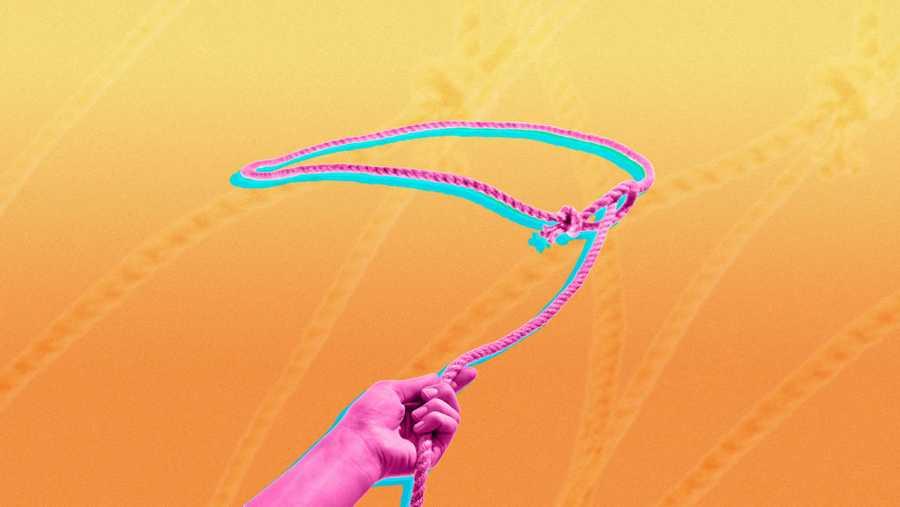When Things Go Well
Just like a chain is only as good as its weakest link, a product or service is only as good as they are when they malfunction or break.
We all are programmed to focus on the winning streak, skyrocketing valuation, and great success. What is more instructive and enlightening is to observe what happens during the rough times.
200
1.15K reads
CURATED FROM
IDEAS CURATED BY
The idea is part of this collection:
Learn more about personaldevelopment with this collection
Proper running form
Tips for staying motivated
Importance of rest and recovery
Related collections
Similar ideas to When Things Go Well
Why most training programs fail
Organizations spend a whopping $82.5 billion on training annually, or $1,111 per employee, according to Statista. But training is only successful if the learning is.
Most conferences and online seminars are focused on success during the session, without sufficient...
Things Can Go Wrong
If family members are treated in a previleged manner, or with partiality, it could backfire and toxify the organizational culture. If a family member has to be disciplined or fired, as it can hurt the personal relationship, so one has to draw a line in the beginning before they are hired.
...
Lessons from the conservation of complexity
- How simple something looks is not a reflection of how simple it is to use. If complexity is a constant, then there are trade-offs.
- Things don't always need to be very simple for users. When a product or service is too simple, users can feel robbed of control. We should recognize th...
Read & Learn
20x Faster
without
deepstash
with
deepstash
with
deepstash
Personalized microlearning
—
100+ Learning Journeys
—
Access to 200,000+ ideas
—
Access to the mobile app
—
Unlimited idea saving
—
—
Unlimited history
—
—
Unlimited listening to ideas
—
—
Downloading & offline access
—
—
Supercharge your mind with one idea per day
Enter your email and spend 1 minute every day to learn something new.
I agree to receive email updates



